As already anticipated by the Government of Andalusia in its analysis of protected vegetable prices and markets of week 12, the growth in the horticultural supply in Central Europe has led to price drops for the vegetables from Almeria, although by the end of week 14 there are very significant differences in the evolution of prices.
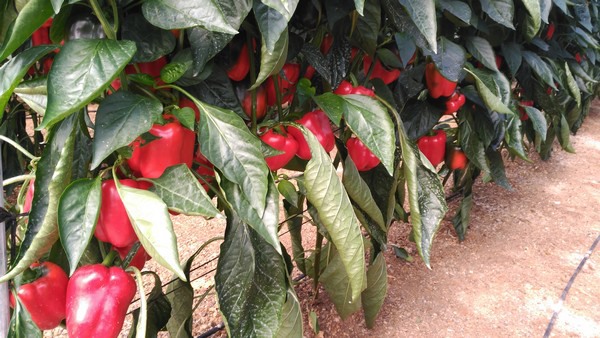
"Yesterday, yellow bell peppers stood at an average of 2.84 €/kg"
"As for peppers, the unusual weather conditions we have had this year have resulted in the plants being exhausted earlier, so by April 15, there will be very little left," said José Miguel López, of Hortamar, confirming that the campaign will end early this year. "In the case of bell peppers, Central Europe is starting later. Almeria is usually followed by Murcia, although we hear there are difficulties with the campaign kick-off and it seems that less bell pepper has been sown this year after last year's difficulties. On top of all this, there is also the problem of the cuts in the Tagus-Segura water transfer."
Thus, bell pepper prices currently reach relatively high levels. "Yesterday, yellow bell peppers stood at an average of 2.84 €/kg; a very high price for this time of year. In fact, there are problems to deliver the tricolor packs that are demanded in the European retail," says José Miguel. "At this time of year, the bell peppers that are left in the plantations are large and it becomes more difficult to find the sizes needed to deliver the 500 gram packs of peppers. That is why higher prices are paid when adequate batches are available."
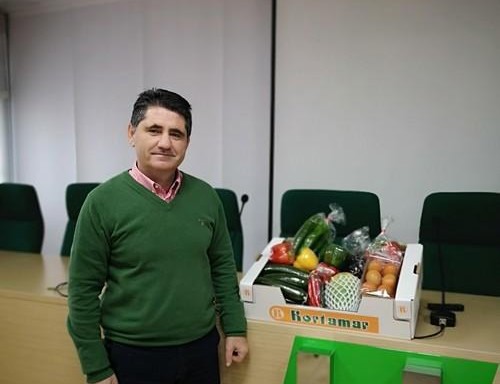
Green bell pepper prices have been high, but more moderate, standing at 1.70 € / kg, and the red, like the green Italian peppers, have exceeded 2 € / kg. "In the case of the Italian bell pepper, those high prices are more understandable. At this time, Almeria usually has very little produce left and prices normally always stand at those levels," he says.
"The tomatoes to be harvested now are those that set in the cold period"
The price of tomatoes has also risen over this past week, reaching up to €1.80/kg at auction for round and plum tomatoes. From this we can deduce that the supply is under some pressure at the moment. "Just like bell pepper plantations, tomato plantations have suffered the impact of bad weather. The tomatoes to be harvested now are those that were planted in November and December, and that set in the last cold period, so at the moment there is little available and of poorer quality," says José Miguel López.
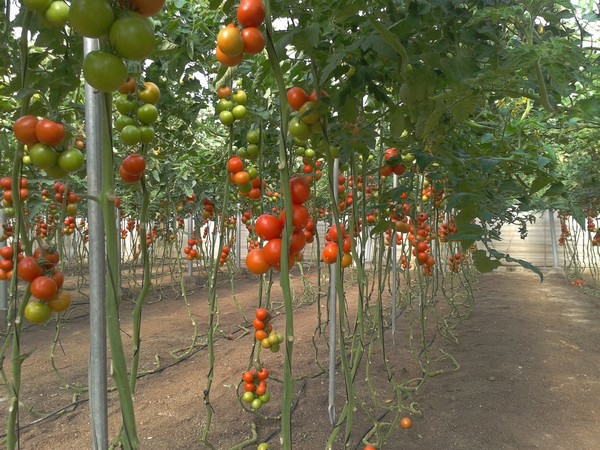
As recalled by the manager of Hortamar, the impact in tomatoes and peppers of both cold and extreme heat becomes visible between two and three months later, unlike cucurbits, which are more reactive to temperature. "With cold weather, their production immediately slows down, but with heat it quickly accelerates and prices plunge, as we are seeing now."
Low prices for cucumber, zucchini and eggplant.
"Right now the weather is very good. There are cucumbers available from both the old winter plantings and the new crops. Yesterday morning, good quality Almeria cucumbers from the latest plantings reached 70 cents in the auctions, while cucumbers from older plantings stood at 25 cents."
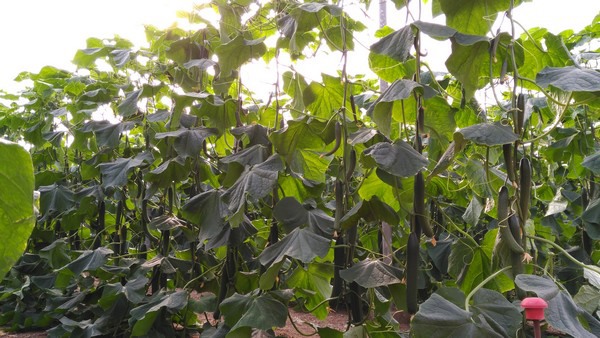
"Zucchini prices are also reaching peaks of 32 cents per kilo. The good weather is resulting in a higher production, and there must surely already be some production from France and the Netherlands in the market."
Lastly, in the case of eggplant, we are again seeing price drops following the deactivation of last weekend's exceptional rule extension. Yesterday, prices stood below 40 cents per kilo. "Companies have been generally welcoming the Hortyfruta measure, which we have already applied twice for eggplant. Growers are becoming more and more professional and understand that the extension of the standard and the prohibition of marketing second classes is a legal measure that can help in overcoming moments which in the past would lead to market saturation."
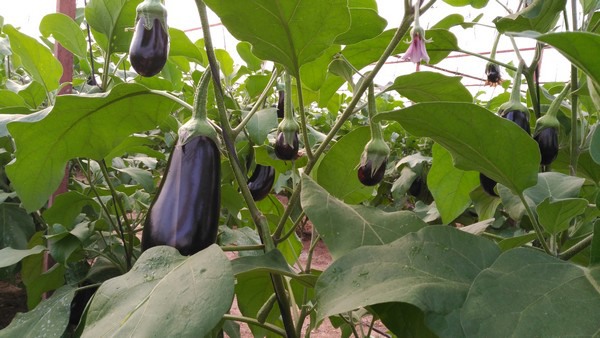
"This week, the first watermelons must have already been harvested in Almería"
The start of the watermelon season is slowly approaching and "this week, the first fruits must have already been harvested," says José Miguel. "At Hortamar we will start the campaign next week and we are very excited about it. This year, the weather has been better at the beginning, and although the area planted with melon and watermelon has been reduced, we expect the volume to be very similar to last year's, because so far we are not having any problems with the fruit setting."
"The supermarkets here, in the area, are already starting to offer watermelons from Morocco and Senegal, but we are aware that importers are waiting for us to start, because they believe that the quality of Almeria's watermelons is usually higher. Quality is the key to Almeria's success, and we are making it clear that we are doing things better and better."
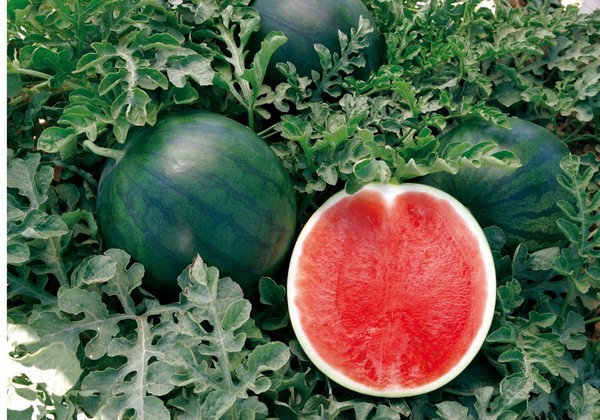
 For more information:
For more information:
Hortamar
Carretera de Alicún 148
04740 Roquetas de Mar, Almeria, Spain
Tel.: +34 950 338 205
[email protected]
https://hortamar.es










